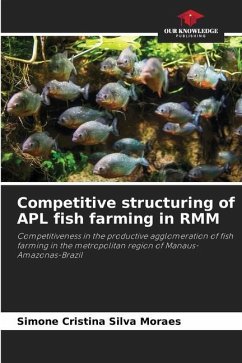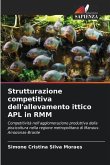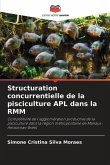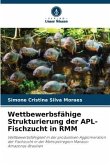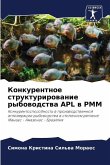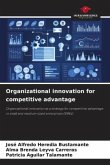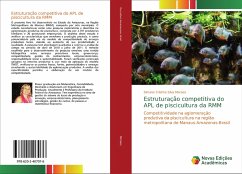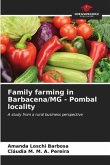The present book was developed in the State of Amazonas, in the Metropolitan Region of Manaus (RMM), comprised of eight municipalities. The study is characterized as an exploratory and descriptive research in the productive agglomeration of fish farming, composed of 2,797 family producers and 20 business producers. The objective of this study is to verify the characteristics that involve the pisciculture production, and how to potentiate it through the competitiveness model of local productive arrangements, aiming at the increase of its productivity and quality. The research has a qualitative approach and the field analysis occurred in the period from April 2010 to July 2011. The method chosen for the development of the research involved a bibliographic review on local productive arrangements, governance, competitiveness, knowledge management, entrepreneurship, social responsibility and sustainability. Potential bottlenecks in the productive environment were verified and, by means of the application of the SWOT model, the weaknesses, strengths, potentialities and threats involving the sustainability of the productive cluster were verified. The analysis of the specificities allowed the elaboration of a competitiveness model.
Bitte wählen Sie Ihr Anliegen aus.
Rechnungen
Retourenschein anfordern
Bestellstatus
Storno

